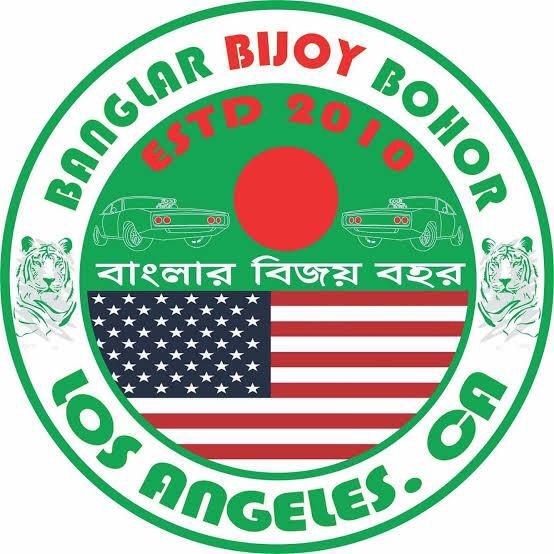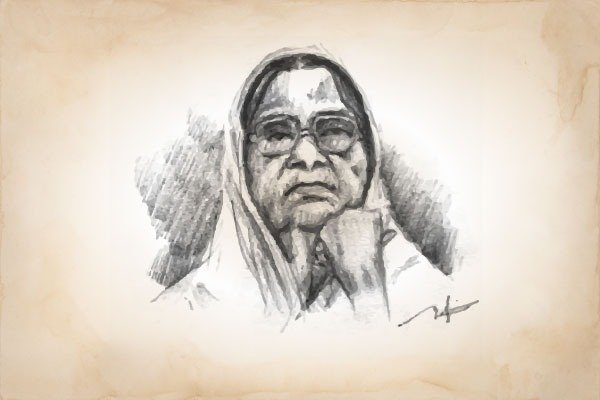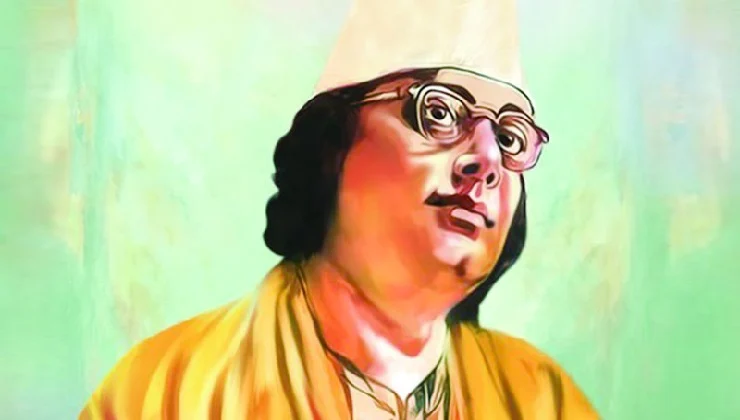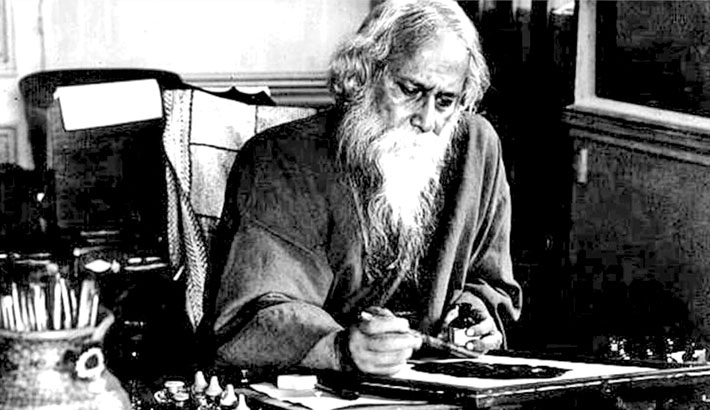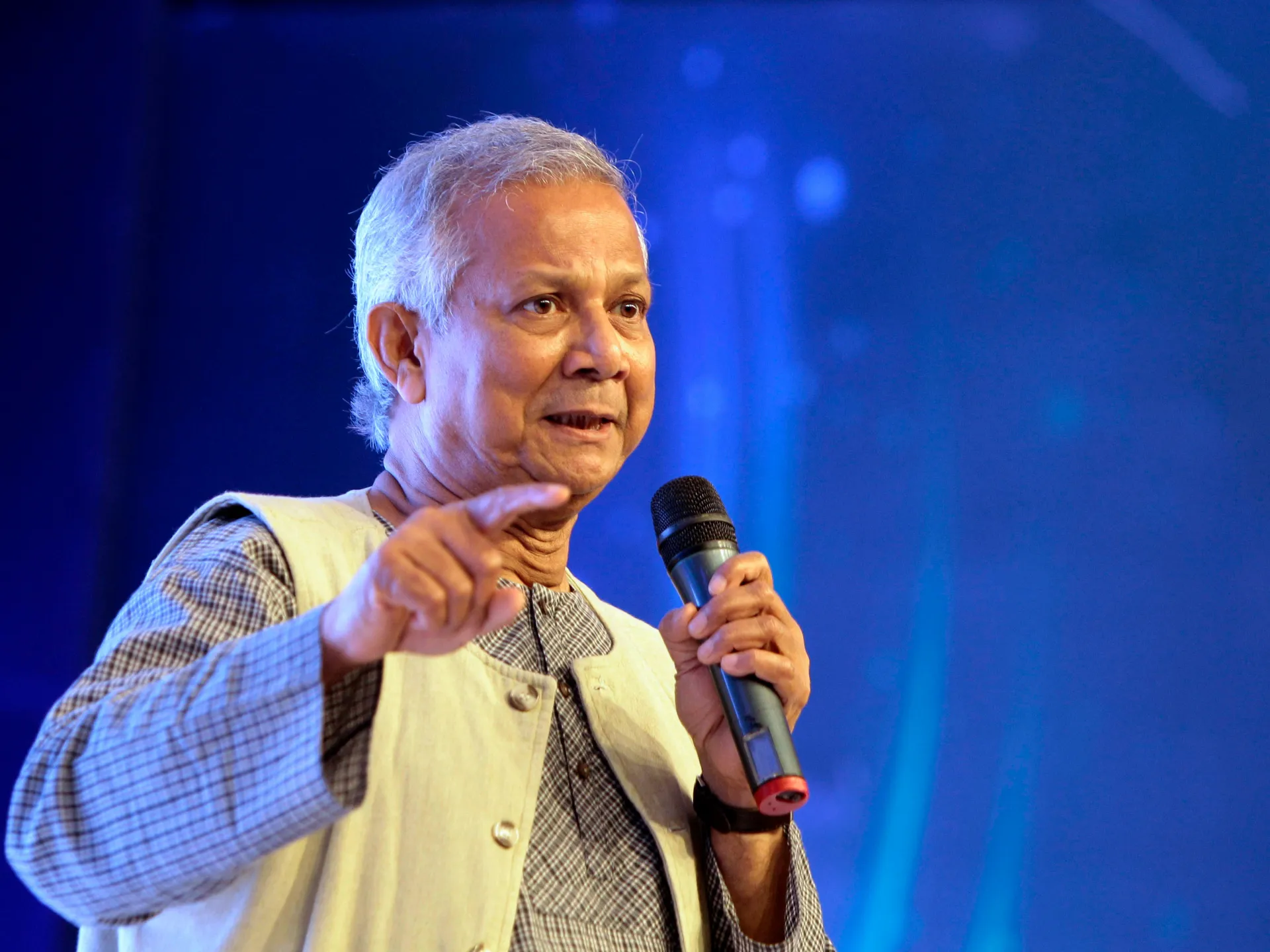Sufia Kamal, a revered figure in Bangladeshi literature and women’s rights activism, is celebrated for her tireless efforts to uplift women and her significant contributions to Bengali poetry and prose. Born on June 20, 1911, in Shaestabad, Barisal, Kamal’s journey from a girl in a conservative society to a leading feminist and literary icon is a powerful narrative of resilience and determination.
Kamal’s early life was marked by her family’s progressive views on education, which was rare for girls at the time. Despite societal restrictions, her mother ensured she received an education at home, fostering her love for literature and culture. Kamal’s literary journey began at a young age when her poems were published in various magazines. Her debut poetry collection, “Sanjher Maya” (Evening Enchantment), published in 1938, established her as a prominent voice in Bengali literature.
Sufia Kamal’s literary works often depicted the struggles and aspirations of women, reflecting her deep empathy and understanding of their plight. Her prose and poetry were imbued with a sense of social justice and equality, making her an influential figure in the feminist movement in Bangladesh. Kamal’s writings provided a platform for women’s voices, encouraging them to assert their rights and challenge patriarchal norms.
Kamal’s activism extended beyond her literary contributions. She was instrumental in founding the Bangladesh Mahila Parishad in 1970, an organization dedicated to promoting women’s rights and addressing issues such as gender-based violence and discrimination. Under her leadership, the organization became a powerful force in advocating for legal and social reforms to protect and empower women. Kamal’s activism played a crucial role in shaping policies and raising awareness about women’s rights in Bangladesh.
During the Bangladesh Liberation War in 1971, Sufia Kamal’s role as a cultural and political activist became even more pronounced. She actively supported the independence movement, using her influence to garner support and mobilize resistance against the Pakistani military. Her unwavering commitment to the cause of freedom and justice earned her the respect and admiration of her compatriots. Kamal’s contributions during this period underscored her dedication to the ideals of equality and human rights.
After the war, Kamal continued her advocacy work, focusing on issues such as education, health, and legal rights for women. She was a strong proponent of preserving Bengali culture and heritage, recognizing the importance of cultural identity in the nation’s development. Kamal’s efforts were recognized with numerous awards and honors, including the prestigious Independence Day Award, Bangladesh’s highest civilian award, in 1999.
Sufia Kamal’s legacy is enduring, with her life and work continuing to inspire generations of women in Bangladesh and beyond. She passed away on November 20, 1999, leaving behind a rich legacy of literary excellence and social activism. Kamal’s vision of a just and equitable society, where women are free to pursue their dreams and contribute to the nation’s progress, remains a guiding light for those who continue to fight for women’s rights and social justice.
